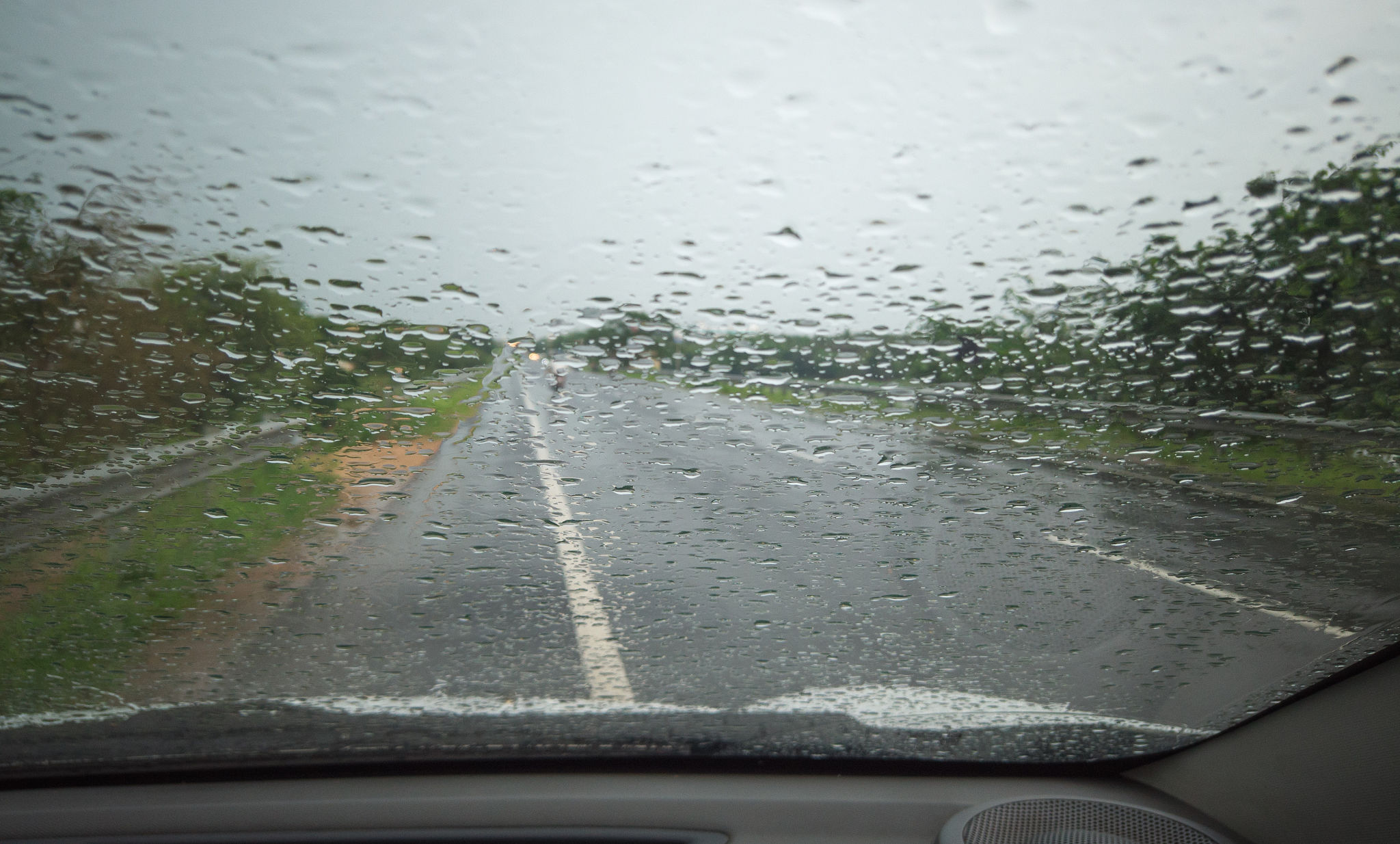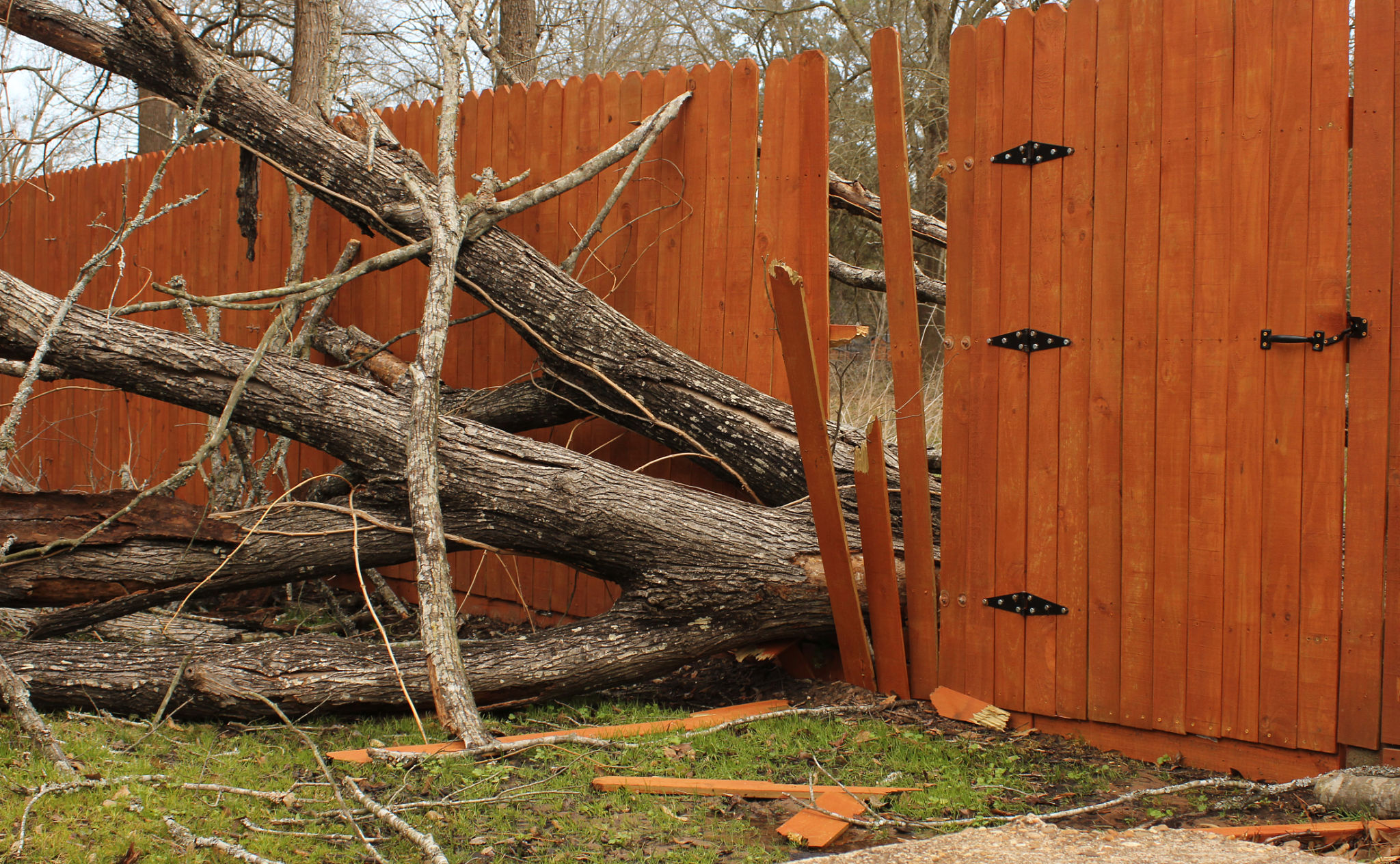The Impact of Climate on Road Construction in Fiji
KT
Understanding Fiji's Climate
Fiji, an archipelago in the South Pacific, is renowned for its tropical climate characterized by a warm, humid season from November to April and a cooler, drier period from May to October. This climate significantly influences various sectors, including road construction. Understanding these climatic conditions is crucial for effective planning and execution of road infrastructure projects.
The warm season often brings about intense rainfall and cyclones, leading to challenges in construction activities. This can delay projects and introduce unforeseen costs, impacting the overall budget and timeline.

The Role of Rainfall in Road Construction
Rainfall is a critical factor affecting road construction in Fiji. Heavy rains can cause soil erosion, landslides, and flooding, all of which compromise construction sites and completed roads. These challenges necessitate robust drainage systems and the selection of appropriate construction materials to withstand water-related stresses.
During the rainy season, construction must be carefully scheduled to avoid periods of intense precipitation. Engineers often rely on historical weather data and forecasting to plan their activities more effectively.

Impact of Cyclones
Cyclones pose another significant threat to road construction in Fiji. The destructive power of cyclones can cause extensive damage to infrastructure, requiring additional resources for repairs and reinforcement. This makes it imperative for construction projects to incorporate resilient design practices.
Strategies such as elevated roadways and reinforced surfaces are often employed to mitigate cyclone impacts. Furthermore, rapid response plans are essential to address post-cyclone repairs swiftly and efficiently.

Materials and Techniques for Resilience
Given Fiji's climatic challenges, selecting the right materials and construction techniques is vital. Materials that can withstand moisture and salinity are preferred, as they offer durability against environmental stressors.
Innovative construction techniques such as geotextiles and permeable pavements are gaining popularity. These approaches not only enhance structural integrity but also promote sustainable development by minimizing environmental disruption.
Adapting Construction Schedules
Adapting construction schedules to the climate is a strategic necessity in Fiji. By aligning projects with the cooler, drier months, contractors can optimize productivity and reduce weather-related disruptions.
This approach requires meticulous planning and coordination with local authorities to ensure that all logistical aspects are considered. By doing so, the likelihood of project delays is minimized.

Government Policies and Initiatives
The Fijian government plays a critical role in facilitating climate-resilient road construction. Policies that promote sustainable practices and provide guidelines for climate adaptation are essential for successful project implementation.
Initiatives such as funding for research into new materials and technologies, as well as investments in public infrastructure resilience, demonstrate proactive governance in addressing climate challenges.

Community Involvement
Involving local communities in the planning and execution of road construction projects is vital for success. Community engagement ensures that the needs and insights of residents are considered, leading to more effective and sustainable solutions.
Public awareness campaigns about the impacts of climate on infrastructure can foster a sense of shared responsibility in protecting and maintaining roads.
Future Outlook
The future of road construction in Fiji must continually adapt to evolving climate patterns. Embracing technological advancements and resilient practices will be key to overcoming the challenges posed by climate change.
As stakeholders work together to enhance infrastructure resilience, the goal remains clear: creating a reliable, sustainable road network that supports Fiji's socio-economic development while withstanding the tests of nature.
